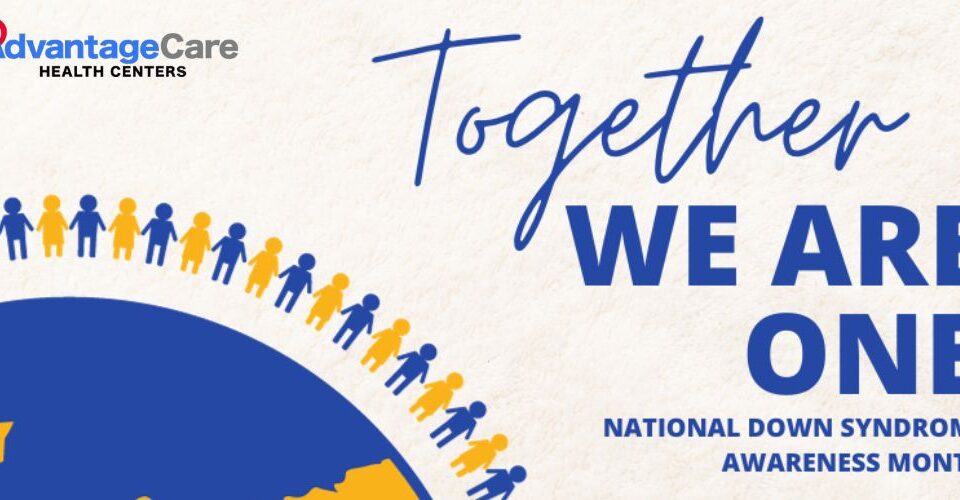Traveling with Children on the Autism Spectrum
August 19, 2015
Using Board Games to Increase Executive Functioning Skills
March 24, 2016
By Lisa Wajsblat, PsyD, BCBA-D
Each and everyday, all of us use technology in some form or another. Whether we are using our smart phones or iPads to find simple and easy recipes for dinner, locate the nearest coffee shop or toy store, get directions or train times, download our new favorite song, or do just about anything else, technology is able to assist us in ways that make our lives easier and help us learn and do things that we may not have been able to earlier that day. For individuals with ASD and developmental disabilities, technology serves a largely similar function. Available applications for children, adolescents, adults, and parents of individuals with ASD provide support for a range of areas, including improving social and communication skills, addressing basic adaptive daily living skills (e.g., cooking and meal preparation), and even providing behavioral supports for parents and providers.
While the following list is by no means comprehensive or exhaustive, it does provide an overview of the range of supports and areas of functioning technology can address. In addition, it is important to keep in mind that apps do range in price as some are entirely free while others will cost you up to several hundreds of dollars. On another note, while most available apps are supported (or unsupported) by anecdotal findings (meaning, parents or reviewers say they are helpful or unhelpful), there are a number of apps that have been evaluated through research and have been found to produce significant and meaningful changes (i.e., Evidence-Based). As always, stay aware of what you are purchasing or downloading and have fun finding creative and helpful apps!
Evidence-Based Apps:
1. QuickCues is a social script app that helps teens and young adults on the autism spectrum handle new situations and learn new skills. Five modules available: Communication, Life Skills, Socialization, Coping, and On the Job. (Cost: $4.99)
2. Social Skill Builder uses interactive videos to teach key social thinking, language and behavior that are critical to everyday living. (Cost: Free)
3. The Planner Guide contains 135 Reference Guides that provide information about what to expect or how to do something. They are in a format that includes graphics and text to accommodate all levels of non-readers and readers and are designed for pre-adolescents, adolescents, and adults with Autism Spectrum Disorders, Intellectual Disabilities/Cognitive Impairments, Learning Disabilities, Traumatic Brain Injuries and other disabilities (Cost: $29.95)
4. Read Along is an app designed to help kids read aloud. It has a playback feature that plays the book and can focus on the word as it is being spoken. It also allows the user to read and based on their pronunciation, it will provide scores for each word using speech recognition. (Cost: $1.99)
5. Tantrum Tracker Lite is designed to make tracking tantrums and outbursts for children on the autism spectrum, children with ADD or ADHD (or any child with behavior control issues) easy, through a logical workflow and organization of “tantrum” data and visual media. Parents, doctors, specialists, behaviorists or advocates may use the app to gain a better understanding of the possible causes of a child’s tantrums, the severity of tantrums, what mitigated them, specific locations that precipitated tantrums, and the locations and precipitators of tantrums by levels of severity. (Cost: Free)
6. iMix-Scramble Words is a flip game that improves children’s reading, writing, and pronouncing skills in an imaginative playful and amusing manner. By mixing and matching parts of different characters and the syllables attached to them, children can create over 2000 new comic characters with funny new names. (Cost: $1.99)
7. Talking Mats is an evidence-based tool for helping people with communication difficulties to participate in conversations and communicate effectively about things that matter to them (Taster version: Free)
Dr. Wajsblat is a clinical psychologist and board certified behavior analyst at the Fay J. Lindner Center for Autism and Developmental disabilities, specializing in treating Autism Spectrum Disorders.




